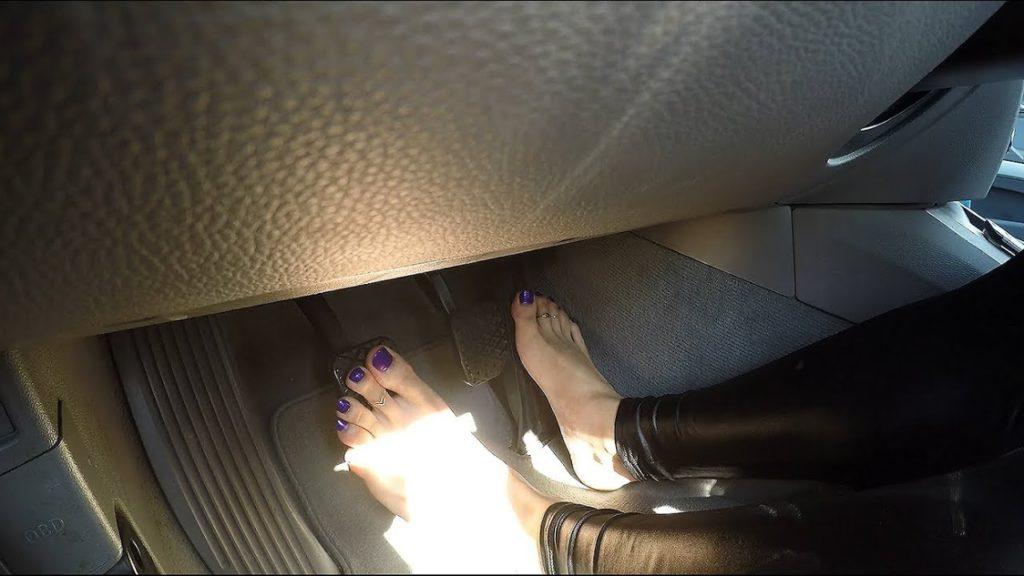Just ducking down the street for a bottle of milk, and haven’t got your shoes on? Or just getting back in the car after a trip to the beach, shoeless?
- Driving barefoot or without shoes is legal in Australia
- Barefoot driving can be unsafe
- If you crash while shoeless, you could get in trouble
It’s perfectly legal to drive without shoes. But it is also potentially dangerous, and could get you into trouble if you happen to be involved in an accident.
In some jurisdictions you could be charged with negligent driving if your lack of footwear had a part to play in an accident.
Likewise, if you were wearing shoes or thongs, took them off while driving, and they interrupted your ability to control the vehicle (getting stuck under the brake pedal or causing your foot to slip, for example), you could be charged with negligent driving, or not having proper control of the vehicle, or even driving without due care.
You can drive barefoot. That’s fine, so long as you can maintain proper control of your car, and so long as nothing in the footwell is going to interfere with your ability to do so.
But also be aware that your footwear should be right for the job at hand. It could be safer for you to drive barefoot, for instance, than if you had been wearing stilettos, platform high-heels, heavy duty work boots with steel toe caps, or ballet flats.
And also be conscious of the car, and if it has floor mats in the driver’s footwell. There have been countless occasions where drivers have had accidents because their floor mat moved while they were driving – and, not to promote barefoot motoring, but you’re likely going to be able to pull the mat back easier with your toes if it slips than using the edge of a thong or sneaker.
The bottom line is, it’s like when you go to the RSL; you need to wear appropriate footwear. It’s a matter of safety – not only your own, but the safety of other road users, too.
Not intended as legal advice. Check with the relevant roads authority in your state or territory.

